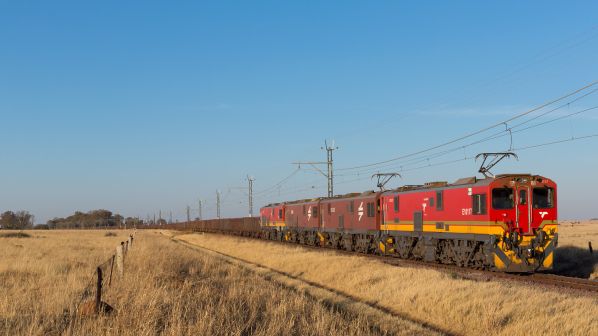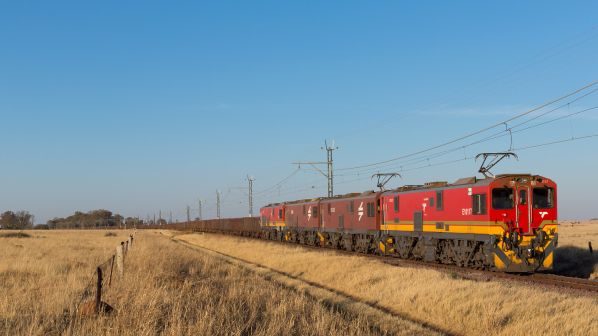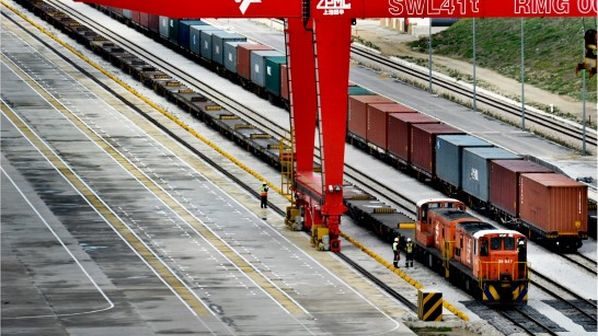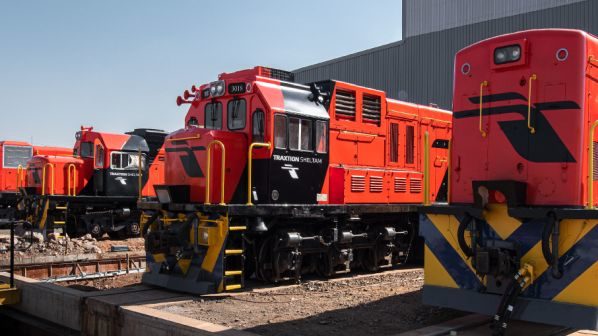SOUTH AFRICA’s state-owned freight operator Transnet has announced that its Transnet Engineering division is now seeking a partner to establish a rolling stock leasing company that would provide locomotives and wagons to the market.
Transnet Engineering has approached potential partners by issuing a Request for Proposals (RFP) on April 4. Responses are due by June 30.
The scope of the partnership will include:
- acquisition of capital assets
- developing rolling stock and port equipment leasing capabilities in South Africa
- leasing rolling stock assets in South Africa and to markets outside South Africa
- development of business opportunities, and
- ensuring that capital assets are well maintained and available for leasing to customers.
Transnet says that its engineering division is seeking a partner “in response to domestic and regional demand,” and that establishing a rolling stock leasing company is aligned with the government’s rail reform policy.
Making rolling stock available for lease aims to create a more enabling environment by lowering the barriers to entry for new freight operators that will use available paths on the national network in line with the emerging regime for third-party access.
Transnet says that leasing is “an effective and sustainable global trend” among rail and port operators.
Creation of the new leasing partnership also aims to grow and diversify sources of revenue for Transnet Engineering, while driving demand for its core business of rolling stock manufacturing, remanufacturing, maintenance and engineering services.
In recent years Transnet operations have been hampered by poor locomotive availability. The freight operator has issued an open tender for spare parts for its class 22E locomotive fleet supplied by CRRC E-Loco, and for the repair of other locomotives supplied by Wabtec, Mitsui and Alstom.
Transnet carried 173 million tonnes of freight in 2022 compared with 226 million tonnes in 2018, and traffic was expected to further decline to between 155 and 160 million tonnes in 2023, representing a fall of 29% over five years.




